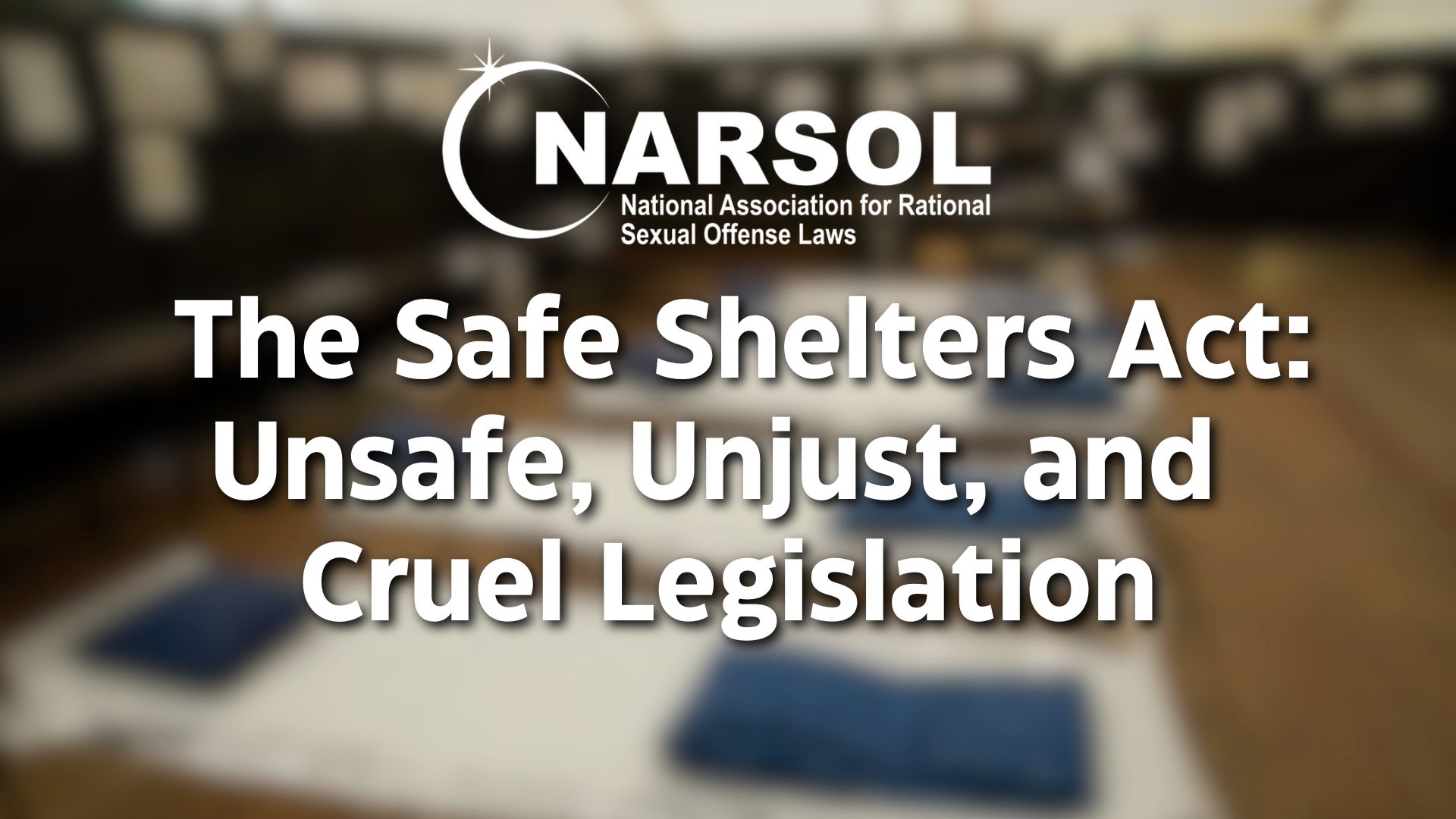Soho Forum: Horowitz, Hamilton face off over sex offender registries
By David Booth . . . Dr. Emily Horowitz, noted sex offense policy researcher, and Marci Hamilton, child safety advocate, went toe-to-toe in an engaging debate Monday night, which may be a first of its kind on the need for sex offender registries. On the resolution for whether the laws requiring those convicted of sex offenses to put their names in a registry should be abolished, Dr. Emily Horowitz argued the affirmative and Ms. Marci Hamilton the negative. Even though Dr. Horowitz crafted a well-reasoned argument against the use of sex offender registration and notification (SORN) policies, Marci Hamilton’s rebuttals highlighted the emotional rhetoric plaguing any serious conversation and reconsideration of SORN policies.
Dr. Horowitz began by unapologetically declaring that SORN policies are grounded in emotional reasoning that doesn’t help society reckon with sexual wrongdoing. There is no room for accountability in our current retribution-based system of laws. Empirical evidence demonstrates that not only were sex crime rates on the decline prior to the enactment of SORN policies, but they also don’t prevent sexual violence or reduce rates of re-offense. Registries are based on faulty assumptions, create numerous collateral consequences, exacerbate social inequalities, and are inconsistently applied. Dr. Horowitz concluded by remarking that even Patty Wetterling has changed her mind on registries and called on the audience for an open-minded and rational approach to registries.
While Dr. Horowitz’s opening remarks were pointed, logical, and evidence-based she did fail to address the impact of sexual violence. Marci Hamilton weaponized this weakness in her opening emotional plea to save one child. She began by recounting the sensationalized case of Larry Nassar and how he exemplifies that registered people have 150 victims on average. Ms. Hamilton failed to acknowledge that the study documenting this high average was not only debunked but also written 30 years ago. Both women did agree the premise of stranger danger was a myth, but Ms. Hamilton still held firm to her belief in its effectiveness citing her fear of re-offense. She noted that if someone pleads guilty or is convicted, then they have proved their guilt beyond a reasonable doubt. “We have to believe the children!” Regrettably, she failed to inform the audience of the Satanic day care panics, the rise of wrongful convictions, and the startling percentage of plea bargains. In short, her opening statement was a rehash of the same tired arguments that research has disproven time and time again.
For her rebuttal, Dr. Horowitz reminded Ms. Hamilton that registries are ineffective and reactive policy tools. If we’re serious about changing the culture of sexual wrongdoing, then we’re going to have to answer some hard questions. Registries are out of control weapons of vengeance. Crime rates are down, but parental anxiety is at an all-time high, which has resulted in these policies being a race to pile on the punishments. Dr. Horowitz isn’t wrong when you consider the numerous social, legal, and financial collateral consequences of SORN policies, but Ms. Hamilton was not swayed by logic and reason. Her rebuttal fixated on the Larry Nassar case and an insistence on saving one child by any means necessary.
So, who won? Surprisingly, the audience voted for the abolition of registries. Prior to the debate 39% voted in the affirmative, 22% in the negative, and 39% were undecided. 72% of the audience closed ranks around Dr. Horowitz after she razed the hastily constructed fortress of feelings about the registry. 16% sided with Ms. Hamilton and 12% were still undecided.
While the debate was a good first step, it is evident that SORN policy reformers need to really engage in thoughtful education and information sharing with child safety advocates. Marci Hamilton was woefully ignorant of the research and evidence around SORN policies. She consistently cited inaccurate and debunked information, referenced outdated research, and conflated terminology. It was clear from the debate she needs a clearer understanding of the distinction between child sex abuse and pedophilia, a better grasp on recidivism statistics, a practical look into how the criminal legal system marginalizes people, and overall, more compassion and understanding for people on the registry.
David Booth is Executive Director of the Sex Law & Policy Center and was in attendance at the Soho Forum debate in NYC.


